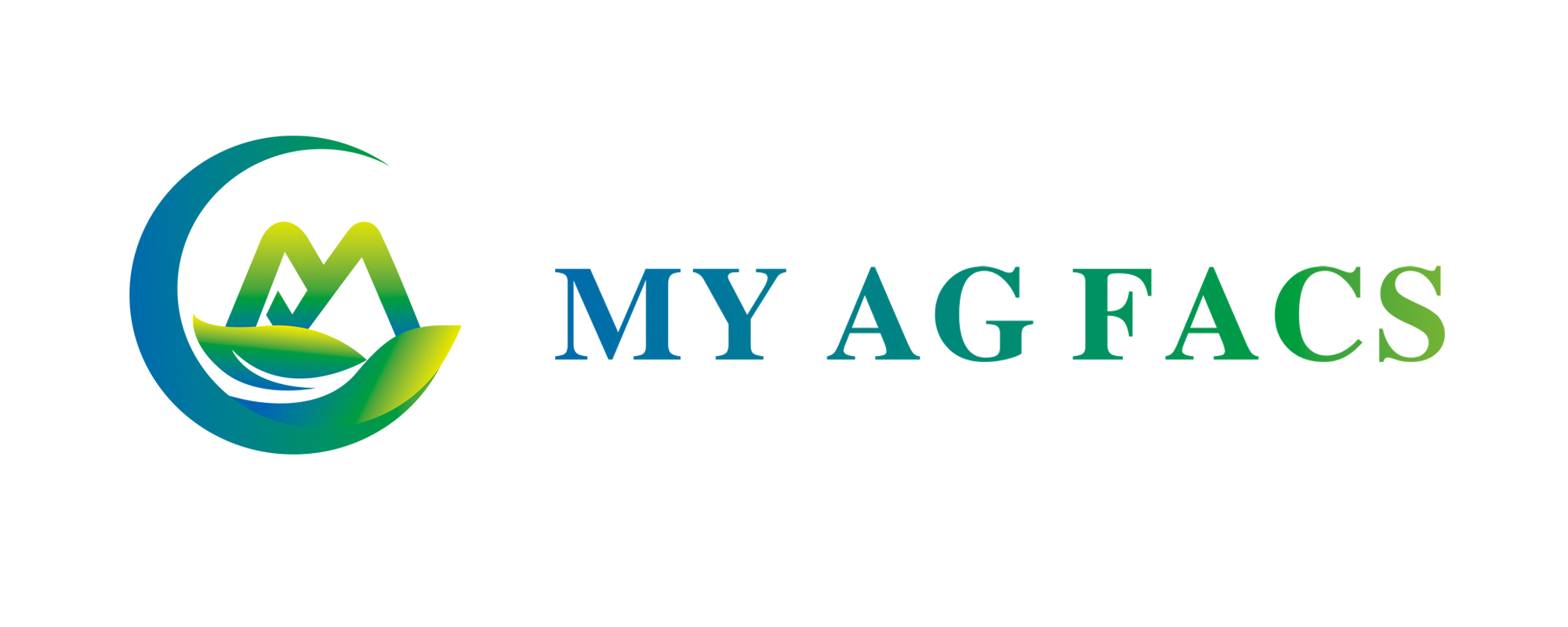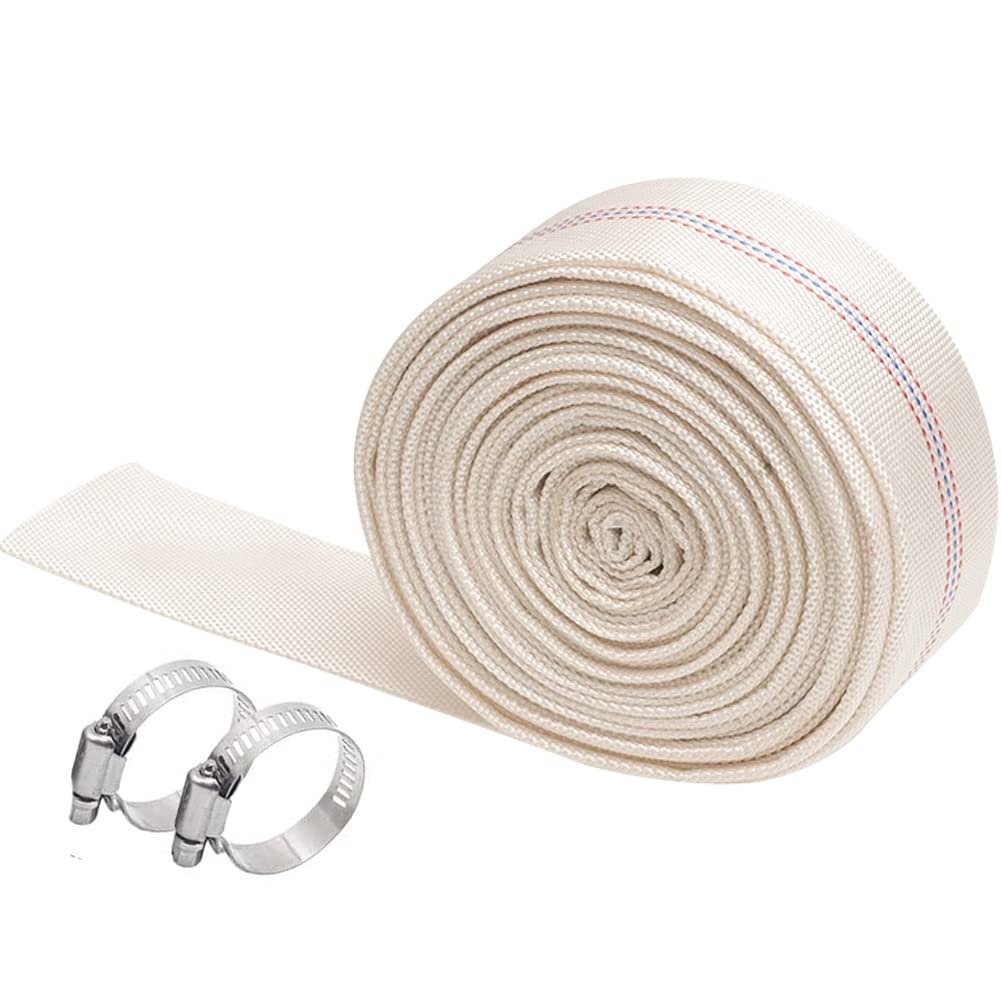

As global climate change and water resource scarcity become pressing issues, water management and efficient irrigation in agriculture have become key challenges. Traditional irrigation methods, such as ditch irrigation and drip irrigation, while helpful to some extent, often suffer from uneven water distribution, installation difficulties, and water wastage. In recent years, the white PE woven canvas hose, with its lightweight, durable, and efficient characteristics, has emerged as an ideal tool for agricultural irrigation.
The white PE woven canvas hose combines the flexibility of polyethylene (PE) material with the strength of woven technology, making it widely applicable in agricultural production fields such as farmland, greenhouses, orchards, and greenhouses. Not only does it improve water use efficiency, but it also reduces water wastage, pushing agriculture toward a more water-efficient, eco-friendly, and highly productive future.
High Strength and Durability:
The white PE woven canvas hose is made from high-density polyethylene (HDPE) and precision weaving technology, ensuring excellent tensile strength and abrasion resistance. This means the hose remains durable even when exposed to harsh agricultural environments, including friction with soil surfaces, wind, and sun exposure. In agricultural operations, where the hose might frequently encounter sharp tools, heavy objects, and ground friction, the durability of the white PE woven canvas hose ensures a stable and reliable irrigation system.
UV Resistance and High-Temperature Endurance:
The white PE woven canvas hose features an outer white coating that provides excellent UV resistance, effectively blocking harmful ultraviolet rays from the sun. This prevents premature aging and cracking of the hose, which is common in hoses exposed to prolonged sunlight. Moreover, the hose can withstand high temperatures, making it suitable for use in greenhouses, hot climates, or areas with extreme sunlight. It retains its flexibility and structural integrity even under harsh conditions.
Water Conservation and Efficiency:
Water scarcity is a critical issue in modern agriculture, and efficient irrigation is vital to ensure optimal crop growth while conserving resources. The white PE woven canvas hose is designed with a high water permeability structure, which ensures that water is distributed evenly, avoiding the uneven flow common in traditional irrigation systems. The efficient irrigation method ensures that each plant receives adequate moisture, reduces water evaporation, leakage, and unnecessary soil saturation, thus maximizing water resource usage.
Easy Installation and Convenient Transport:
Compared to traditional rigid pipes, the white PE woven canvas hose is lightweight, flexible, and easy to install and set up. For large agricultural fields or orchards, farmers can quickly lay down the hose and adjust it as needed. Its ability to fold and roll up reduces storage space and transportation costs, while also eliminating the fragility issues commonly encountered with rigid pipes during transport.
As agricultural planting methods become more diverse, the white PE woven canvas hose has found broad applications across various agricultural sectors:
Field Crop Irrigation: For large-scale farm irrigation, the white PE woven canvas hose can be laid directly on the soil surface, distributing water evenly and efficiently. When combined with drip irrigation or spray irrigation systems, it can achieve optimal water and fertilizer integration, improving crop growth and reducing water and fertilizer waste.
Orchard Irrigation: In fruit tree cultivation, the white PE woven canvas hose enables precise irrigation tailored to the root structure of the trees. This ensures that the soil maintains the ideal moisture level, boosting fruit quality and yield. Additionally, its UV resistance and high-temperature endurance allow it to perform reliably in hot, sunny conditions, helping trees stay hydrated during dry periods.
Greenhouse and Tunnel Agriculture: In controlled environments like greenhouses and tunnels, where environmental conditions must be strictly managed, the white PE woven canvas hose helps maintain stable water supply and soil moisture levels. This is particularly important in enclosed spaces where water evaporation is minimized, and moisture regulation is critical for crop health.
Lawn and Horticulture Irrigation: For lawn care and gardening, the white PE woven canvas hose provides an easy and efficient solution for irrigation, ensuring that the plants receive sufficient water without wastage. It promotes healthy plant growth while maintaining water conservation efforts.
With the global shift toward sustainable agriculture, precision farming, and smart agriculture, the white PE woven canvas hose is poised to play an even more significant role in the future of irrigation. Its efficient, eco-friendly, and durable properties make it an ideal solution for modern farming in the face of stringent water management and environmental regulations.
In the future, with advancements in technology, the white PE woven canvas hose will continue to evolve. For instance, as smart irrigation technologies develop, it could be integrated with sensors and automated control systems to further enhance irrigation precision and efficiency, minimizing manual intervention and maximizing water usage. Additionally, as eco-consciousness rises, hoses made from recyclable materials or those with non-toxic additives will gain popularity, driving the industry towards greener and more sustainable practices.
The white PE woven canvas hose, with its exceptional durability, water-saving capabilities, UV resistance, and easy installation, has become an essential tool in modern agricultural irrigation. Whether for field crops, orchards, greenhouses, or lawns, it provides an efficient and reliable water distribution system that reduces waste and supports sustainable agricultural practices. As agricultural technology continues to advance, the white PE woven canvas hose will play an increasingly important role in helping farmers manage water resources more effectively, contributing to a more eco-friendly and productive agricultural future.